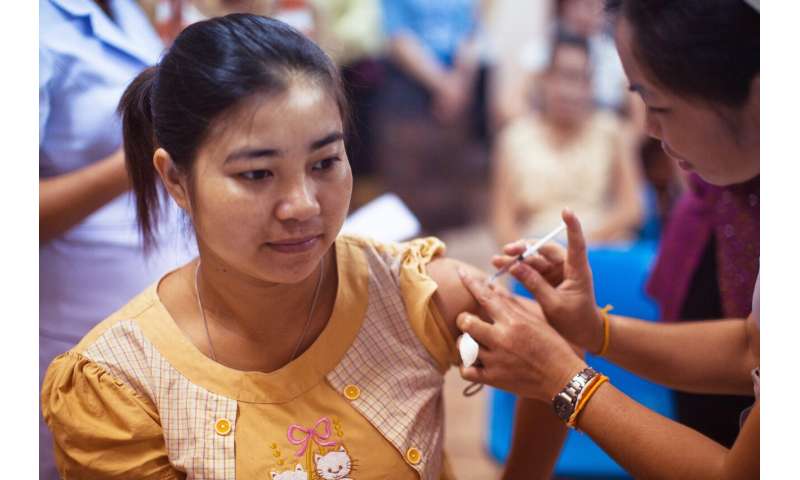
A new BYU study indicates some significant public messaging should be communicated before any COVID-19 vaccines are made available in the US. And with vaccines potentially being approved by the end of the year or early next year, the clock is ticking.
The report, published in the journal Vaccines, shows that 68% of respondents are supportive of being vaccinated for COVID-19, but concerns remain about side effects, sufficient vaccine testing and vaccine effectiveness.
“Messages promoting the COVID-19 vaccine need to alleviate the concerns of those who are already vaccine-hesitant,” said senior study author Brian Poole, a professor of microbiology and molecular biology at BYU. “Vaccine hesitancy is growing and the World Health Organization has already deemed it one of the top threats to global health.”
According to the study, there were two factors that most strongly predicted attitudes toward getting a COVID-19 vaccine:
- How people feel about vaccines in general: If people are generally pro vaccine, they are generally pro COVID-19 vaccine.
- How much of a challenge people believe the pandemic is for America: Respondents who said the pandemic was a severe problem for America were much more likely to want to be vaccinated for COVID-19.
Perhaps surprisingly in today’s current climate, the researchers found no causal relationship between political ideology and attitudes toward the COVID-19 vaccine.
“Public health messaging regarding COVID-19 vaccination should be less about the individual need for vaccination and more about the country and how to get it back to where it needs to be,” Poole said. “It also needs to address vaccine hesitancy head on and demonstrate how vaccines are safe.”
The study also concludes that enough time should be taken to address concerns about both short- and long-term side effects before a vaccine is released.
According to previous research, roughly 10% of Americans are anti-vaccine (meaning they refuse to get vaccinated under any circumstance), but a growing number are vaccine-hesitant, roughly 10 to 25%. Vaccine hesitant individuals tend to want to “spread out vaccinations” and say they will get vaccinated for some diseases, but not all of them.
The current study survey was administered to respondents across the United States, with participants selected by age, race and sex to reflect national census data. Structural Equation Modeling was used to analyze the relationships of several factors with attitudes toward potential COVID-19 vaccination.
Source: Read Full Article
